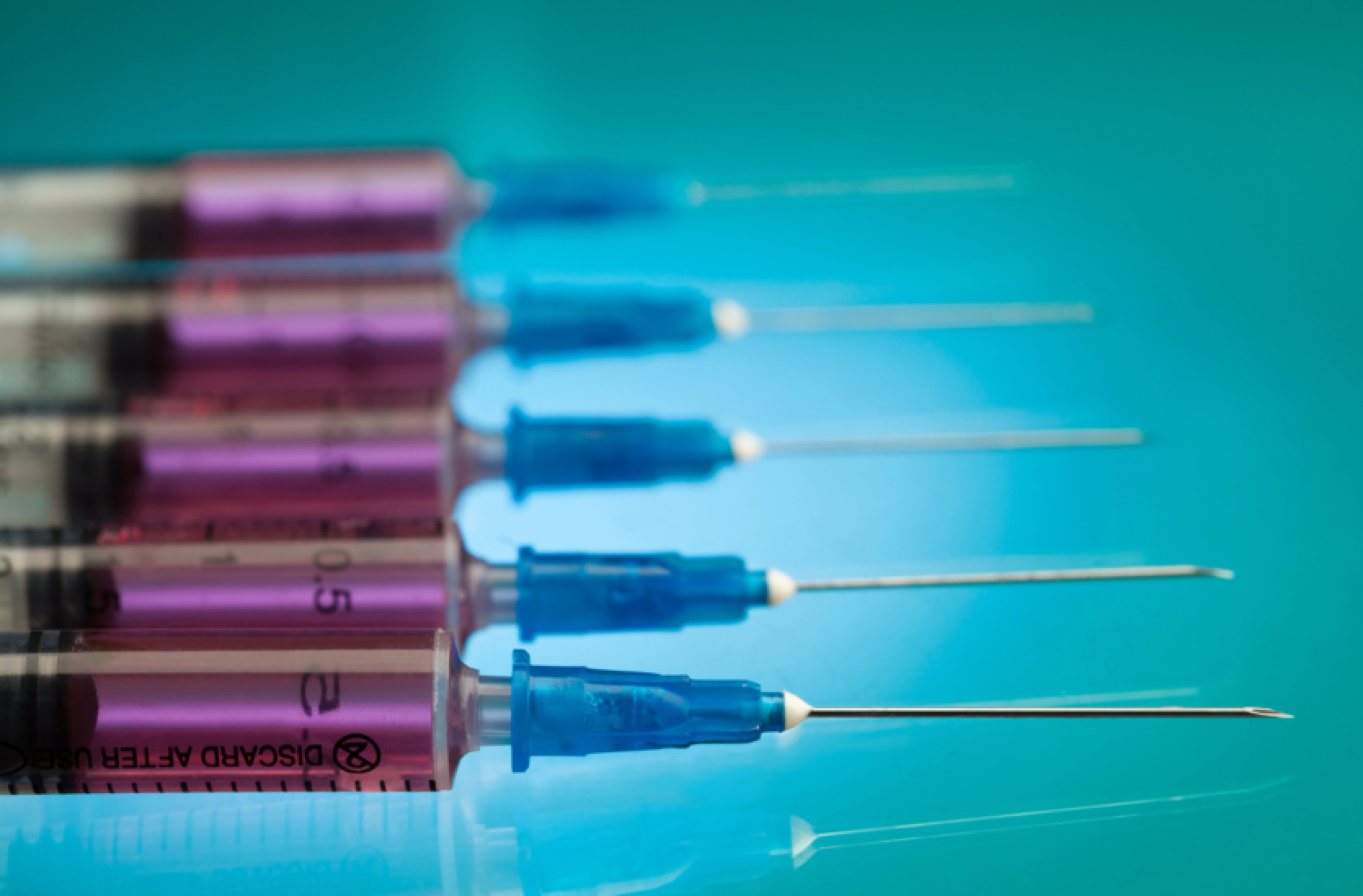Vaccinations included 8 different compositions of vaccines, including updated boosters.
As reported by Arstechnica, a 62-year-old resident of Germany received 217 COVID-19 vaccinations over 29 months for "personal reasons," however, did not experience any side effects from hyperimmunization.
This case is more of an exception to the rule, as researchers have repeatedly expressed concern about excessive immunization, which can lead to, in particular, a weakening of the immune response.
"In the case of chronic exposure to a disease-causing microorganism, there are signs that certain types of immune cells, known as T-cells, 'tire out' and release fewer pro-inflammatory mediators," the study published in The Lancet Infectious Diseases states.
Excessive immunization can also cause what is known as "immune tolerance," resulting in weaker responses that are less effective in fighting the pathogen.
Meanwhile, a team of researchers contacted the hyper-vaccinated German, whose actions are now under investigation for suspected fraud, and invited him to undergo some tests: in particular, samples of saliva and blood were taken during his 214-217 vaccinations and compared the immune responses to those of 29 other individuals who received the standard 3 doses. It was found that although some aspects of his protection were stronger, the overall immune response was functionally similar to the reaction of people who received much smaller doses. The level of antibodies in his blood increased after the new dose, but then began to decrease, similar to what was observed in the control group.
The ability of the participant's antibodies to neutralize SARS-CoV-2 was 5-11 times higher than that of the control group - however, researchers noted that this was due to the higher quantity of antibodies, not their greater potency. Specific subgroups of immune cells, namely B-cells trained against the SARS-CoV-2 S protein, and effector T-cells, were elevated compared to other individuals, but seemed to function normally.
As an additional type of control, researchers also examined the man's immune response to the Epstein-Barr virus, which causes mononucleosis, and found that unlimited immunization did not negatively affect the reaction to this virus, indicating no negative impact on immune responses overall.
Multiple types of testing also showed that the man had never been infected with SARS-CoV-2, although researchers noted that this may be related to other precautions taken by the man.
"In the end, our report shows that hyperimmunization of SARS-CoV-2 in this case did not lead to negative consequences and increased the number of spike-specific antibodies and T-cells, without having a strong positive or negative impact on the internal quality of adaptive immune responses," the authors summarized. "It is important to note that we do not endorse hyperimmunization as a strategy to enhance adaptive immunity."













Comments (0)
There are no comments for now